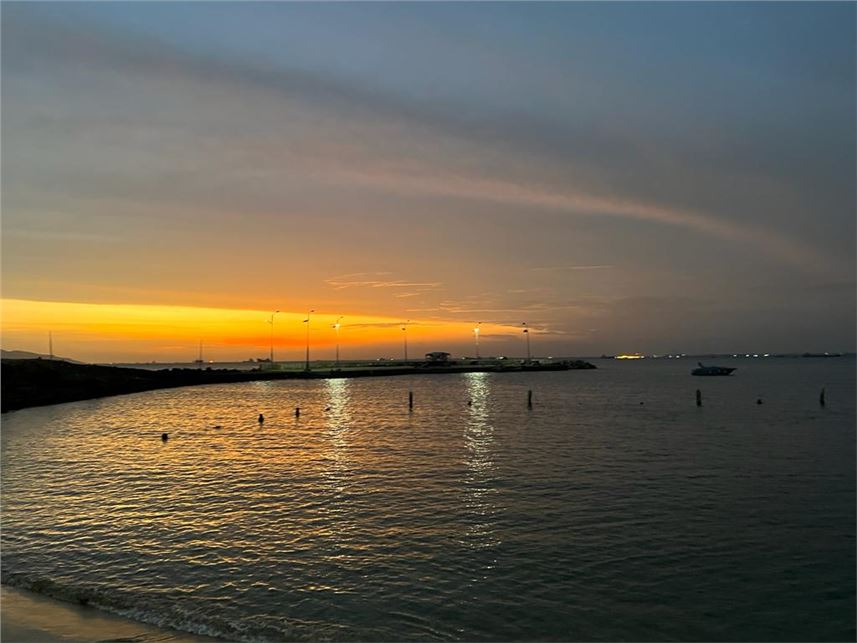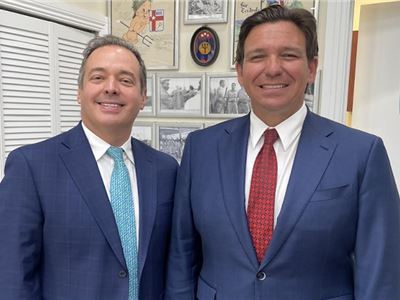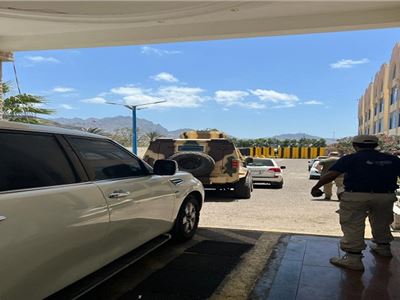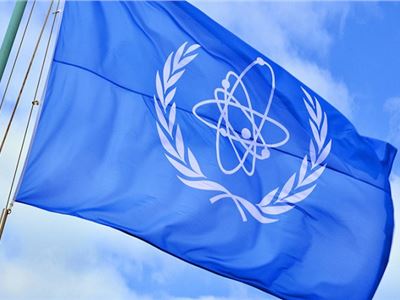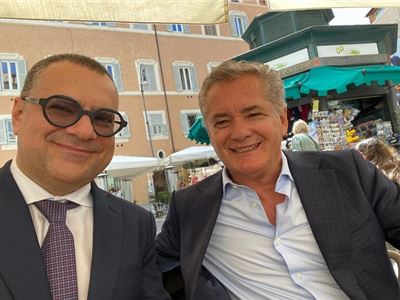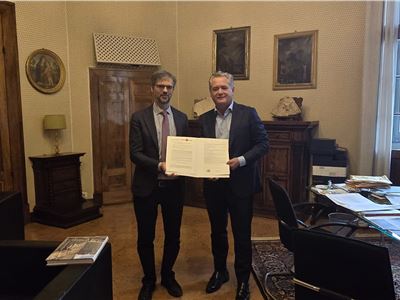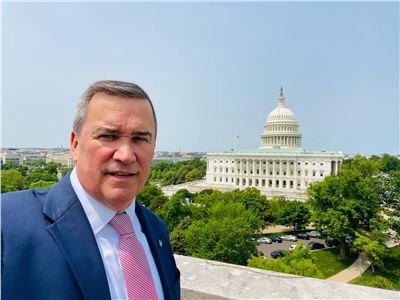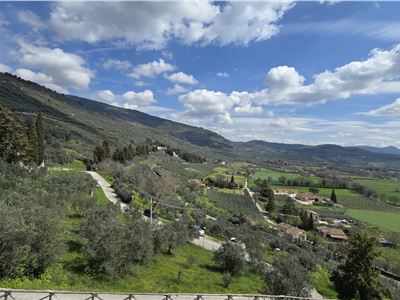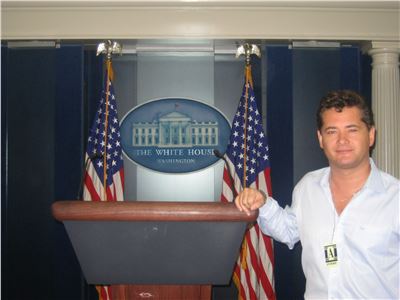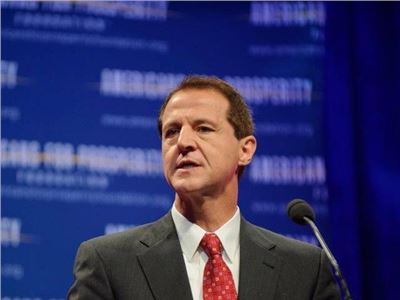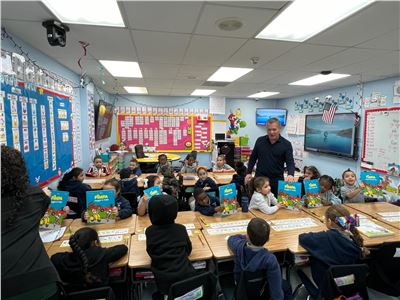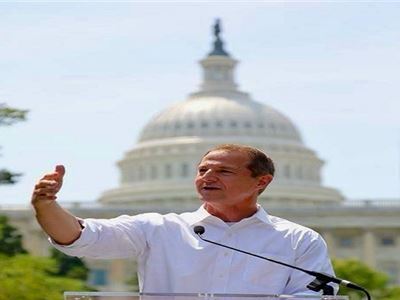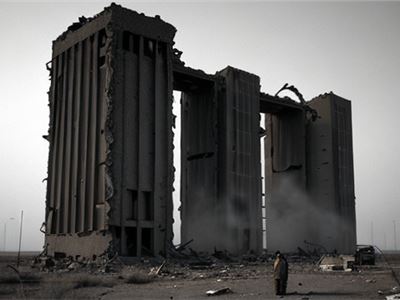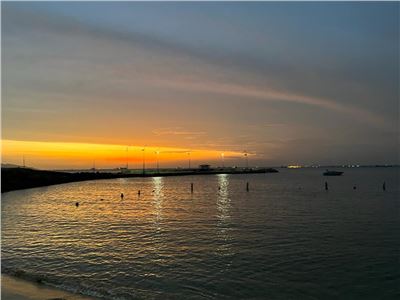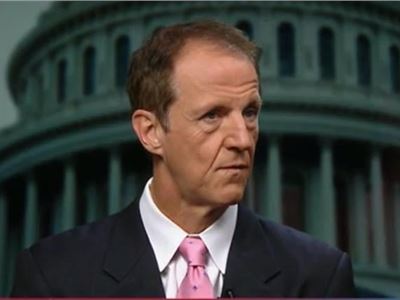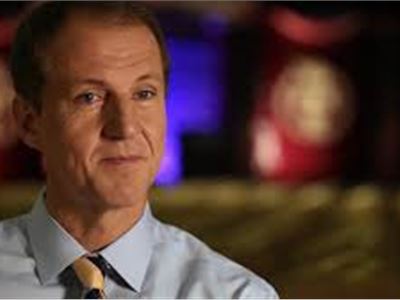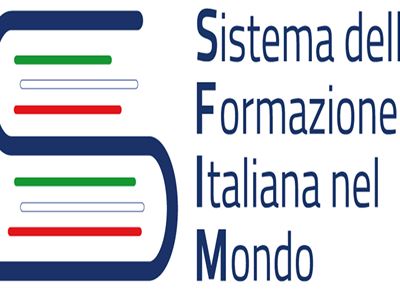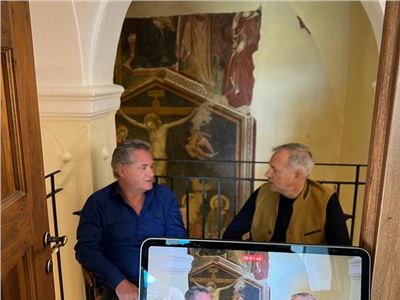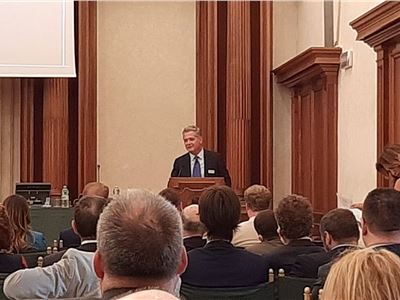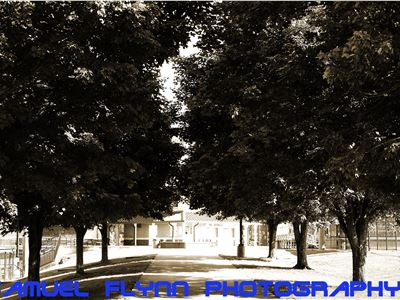Mohamed Ali al Houthi, a leading figure in the Ansar Allah movement, commonly referred to as the Houthis issued a warning regarding Italy's potential involvement in aggression against Yemen. The statement by al-Houthi highlights the movement's stance on foreign intervention. His statement to Repubblica emphasized that Italy would become a target if it participated in actions against Yemen. This remark underscores the tense situation and the complex dynamics of international involvement in Yemen's ongoing conflict, where the Houthis play a significant role. The statement by al-Houthi highlights the movement's stance on foreign intervention. It serves as a caution to countries considering involvement in the conflict from a perspective that the Houthis deem aggressive towards Yemen.
Mohamed Ali al Houthi is a prominent Yemeni political figure associated with the Houthi movement, formally known as Ansar Allah (Partisans of God). He is a key leader within the movement. He has played a significant role in Yemen's political landscape, especially since the Houthi movement's rise to prominence in the country's ongoing conflict. The Houthi movement is a Zaidi Shia-led group that originated in northern Yemen. It has been engaged in a series of conflicts with the Yemeni government since the early 2000s, with tensions escalating significantly in 2014. The Houthis seized control of Yemen's capital, Sana'a, in September 2014, leading to the current civil war that has drawn in regional and international powers.
Mohamed Ali al Houthi has served in various leadership capacities within the movement and the de facto authorities established by the Houthis in areas under their control. He has been a member of the Supreme Political Council, a body formed by the Houthi movement and their allies to govern Yemeni territories under their control. This council is the highest authority in the Houthi-led government structure, making critical decisions on governance and the conflict. Al Houthi is known for his vocal criticism of the Saudi-led coalition, which intervened in Yemen in March 2015, intending to restore the internationally recognized government of President Abdrabbuh Mansur Hadi. The coalition's involvement has significantly internationalized the conflict, leading to a devastating humanitarian crisis. Mohamed Ali al Houthi's statements and actions reflect the broader stance of the Houthi movement, which opposes foreign intervention in Yemen and seeks greater autonomy for the Zaidi Shia community within the country. His role within the Houthi leadership makes him a significant figure in Yemen's ongoing conflict and the broader geopolitical dynamics of the Middle East.
The relationship between the Houthi movement in Yemen and Italy, like Italy's relationship with many actors in the Middle East, is complex and primarily framed within the broader context of international diplomacy, conflict resolution efforts, and humanitarian concerns. As a member of the European Union, Italy generally aligns with the EU's stance on the conflict in Yemen, focusing on the need for a political solution, support for UN-led peace initiatives, and providing humanitarian aid to the Yemeni population affected by the conflict. The statement by Mohamed Ali al Houthi, warning Italy against participation in aggression towards Yemen, reflects the sensitivities around foreign involvement in the conflict. Italy has not been a direct participant in the military aspects of the Yemen conflict, which primarily involves the Saudi-led coalition and the Houthi forces. However, Western countries, including members of the EU, have faced criticism for arms sales to coalition countries, which could indirectly affect the dynamics on the ground in Yemen.
Italy's official stance has often emphasized the need for a peaceful resolution to the conflict and has supported UN efforts to mediate the situation. Italy, along with other European nations, advocates for dialogue and negotiation as the means to achieve lasting peace in Yemen. The direct interactions between Italy and the Houthis would likely be limited and channeled through diplomatic efforts aimed at peace negotiations and humanitarian relief. The warning from a Houthi leader signals the movement's vigilance towards international actions and rhetoric regarding the conflict in Yemen, reflecting the broader geopolitical sensitivities at play.
by DareDevil
- Tags:
- Categories:


